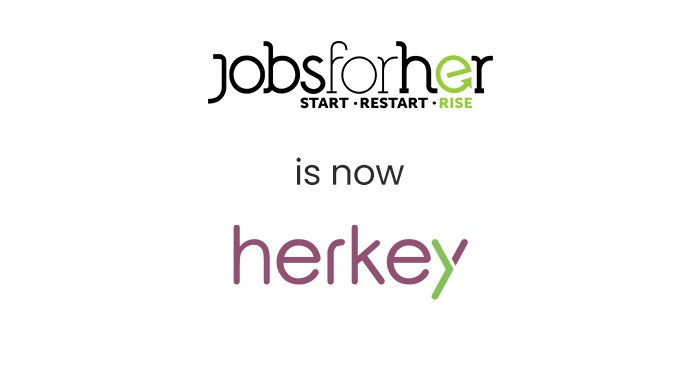Hobbies on resume: How to use them to show professional skills
- Namrata Harish
- in
- Back to Work, Career Development, Expert Advice, Working Women
- |
- 29 May 2019

Yes, it’s no longer taboo to put down hobbies on your resume. In fact, it’s one of the things your employer looks out for. Highlighting your skills and interests in your resume helps you show where your talents lie.
However, that doesn’t mean that you should put your list of personal skills right at the top of your resume, or even make it more prominent than your professional skills. Your hobbies and interests should be an add-on to your personal brand. Remember: keep it elegant and classy.
The rule of thumb to follow is to research the company you are applying to; look for indications on what they are looking for in their employees. A company like Google, for instance, will advertise that it is looking for people who are fun and playful, while some others might prefer their employees to display other measurable skills. Make sure you only list hobbies that indicate skills that will be valued by the company you’re applying to.
Before we get to the basics, it’s good to know what kind of hobbies and interests one SHOULD NOT put on their resume:
- Sports that involve daredevilry: This just indicates that you are a risk-taker. Employers don’t want their employees to take unnecessary risks without careful assessment.
- Blogs with anti-social/inappropriate content: Even if you began this kind of blog as a joke between friends, it is not something you should publicise as a testament to your personality.
- Hobbies or interests with no interactivity: An employer will not look kindly upon your interest in locking yourself inside your house and spending the day by yourself. Gregariousness is preferred over isolation.
A cardinal rule to follow when putting down professional skills on your resume is DO NOT LIE. You don’t want the employer to catch your lies, and statistics show that 75% of employers know when you are lying on your resume.
Once you have researched the job description and the organisation, and you know what NOT to mention, you can set about listing your hobbies in your resume as per the aspects you want to highlight about your personality:
1. Team skills: Every employer values a team player, since most organisations expect their new hires to learn quickly and eventually rise up the ladder. Some hobbies that show team spirit are:
Any kind of team sport and
Theater
2. Readiness to take on challenges: The focus and dedication that it takes to complete the following tasks will show that you can be a valuable and committed employee in the organisation:
Marathon running
Cycling
Yoga
3. Problem-solving skills: Employers want to be reassured that their employees will consider the organisation’s problems as their own and work to the best of their abilities to solve them. These are some hobbies that imply these skills:
Solving puzzles/crosswords
Reading
Playing board games
4. Social skills: A professional with good social skills will have a reliable network that can be harnessed in the best interests of the organisation. Don’t hesitate to list the following hobbies to show off your social skills:
Mentoring
Volunteer work
Professional clubs
Travelling
Singing
5. Creativity: Any employer will want employees who can innovate and think of new ways to approach a problem. Showcase your creativity with these popular skills:
Art and painting
Photography
Design
Writing
6. Organisational skills: Candidates for managerial roles can show their skills in handling large projects by highlighting this hobby on their resumes:
Collecting — stamps and coins are preferred over other items
7. Commitment: A simple way to imply that you have the dedication to stick to a task for the long run is by putting this hobby down in your resume:
Playing a musical instrument
8. Multi-tasking skills: Candidates applying to middle-management jobs can benefit from putting down the following interest on their resume, since it requires using your brain to understand and translate from your root language at the same time:
Learning foreign languages
More than anything else, remember to be specific about how you work on your hobby or resume. For example, write “I enjoy singing popular songs at my society’s get-together evenings”, rather than just writing “singing”. A brief explanation can give your employer context to evaluate your skills.
Now that you know how to add hobbies and interests to your resume, send your best across to us at JobsForHer to participate in our Best Resume Contest to stand a chance to win big! You can also find inspiration on building a winning resume and find women-friendly companies to apply to here.










